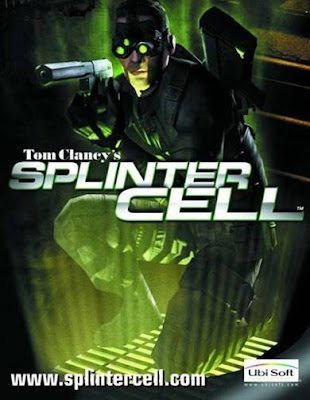Videogames as metaphors----the gamespace

The whole of life appears as a vast accumulation of commodities and spectacles, of things wrapped in images and images sold as things. But how are these images and things organized, and what role do they call for anyone and everyone to adopt towards them? Images appeal as prizes, and call us to play the game in which they are all that is at stake. You observe that world after world, cave after cave, what prevails is the same agon, the same digital logic of one versus the other, ending in victory or defeat. Agony rules. Everything has value only when ranked against another; everyone has value only when ranked against another. Every situation is win-lose, unless it is win-win – a situation where players are free to collaborate only because they seek prizes in different games. The real world appears as a video arcadia divided into many and varied games. Work is a rat race. Politics is a horse race. The economy is a casino. Even the utopian justice to come in the afterlife is foreclosed: He who dies with the most toys wins. Games are no longer a past time, outside or alongside of life. They are now the very form of life, and death, and time, itself. These games are no joke. When the screen flashes the legend game over, you are either dead, or defeated, or at best out of quarters.
GAM3R 7H30RY / McKenzie Wark / Version 1.1
In contemporary democracy and virtual environments the icon of several notions expresses the notions themselves. These icons stand as an active political concealment for the failure of representational democracy. The image of the poll with the hand which is ‘capable of choosing’ is more important than democracy itself. And in virtual environments the image of a cursor pressing whatever combination of buttons accompanied by the sound of the click, is much more important than the content someone ‘chooses’. It is a state of representational democracy again, where the intermediation between the citizen and politics, which forms the icon of democracy, becomes something beyond perception, a spectre of a constantly moving power, which takes the responsibility from the individual. It is the job of the individual to realise the social whole and not something that the power structures will do for him/her.
Giorgio Agamben, notices that the notion of politics and consequently Democracy is a mechanism of exclusion itself, where the construction of a legislation system by [hypothetically] the majority of the people exclude the others from the city. We could say that this form of exclusion is a viable system even with the middle ages, a few world wars, and a planet ready to collapse both in physical and political terms. So in practice there is no utopia of a total inclusion within the frame of politics; neither in an hypothetical state of the “democracy of everyone”, nor in the case of the ‘realised’ democracy.
But in that fragile realisation we don’t have to demonise politics in general. We have to understand once more that virtue is the Achilles’ heel of democratisation. A form of exclusion which functions through virtue, with the notion of thinking for the public, could be the ‘feedback loop’ of a “democracy to come”. In the contrary, the exclusion based on the realm of the individual thinking and acting, which is opposed to the public benefit, is formed under the domination of fear, a characteristic of despotism as Montesquieu clearly indicates.
Even though nowadays we experience politics which have a great similarity with a form of post modern despotism, the potentiality of the virtual environments offers a probable field of critical thinking. It is the detachment from the real world of capital, property and individuality that allows space for studying the alternative forms of coexistence. Maybe it is the ‘fraud’ of the virtual that could engage people in a re-reading of politics and reconsideration of social interrelations.





















